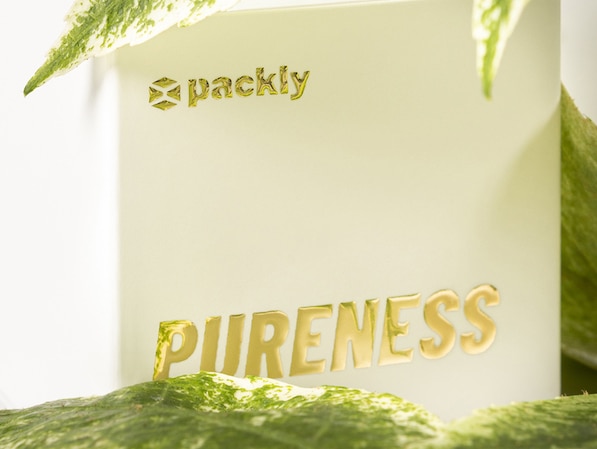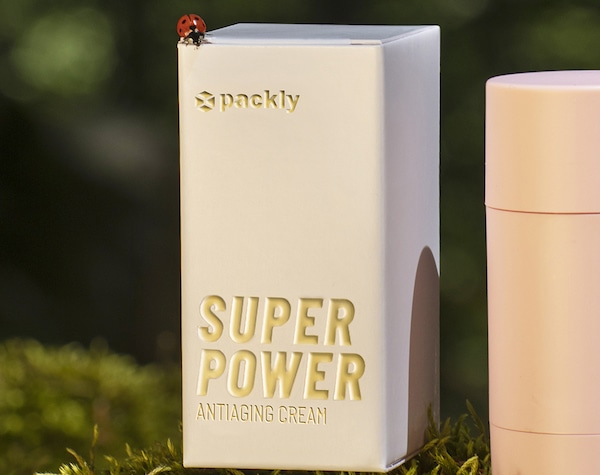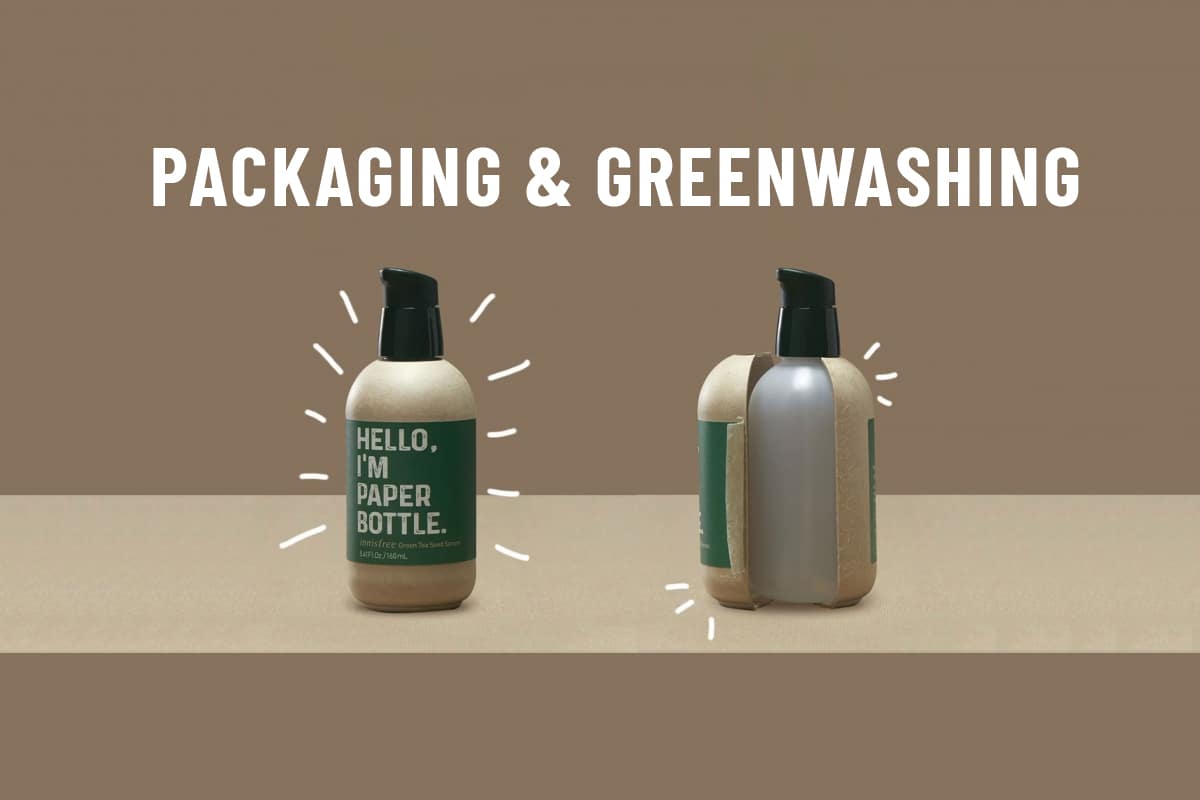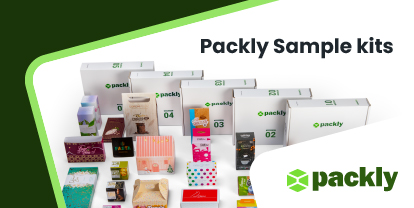When buying products, most consumers are interested in more sustainable choices for the planet. Let’s discuss greenwashing on the packaging and how to avoid it with Packly.
Greenwashing can be a dangerous practice for positioning a company’s products. In a 2020 survey by First Insight, 73% of Gen Z consumers responded that they would pay more for sustainable products. Another study by Lending Tree supports this finding, adding that 41% of millennials already spend more on eco-friendly products.

Unsurprisingly, international political agendas have had to develop a strategy for consumer sustainability and environmental protection.
The problem is that some companies try to plagiarize consumers by letting them buy “green” and ecological products when they don’t. In this article, we will explore what “greenwashing” is, how to spot it, and how to avoid it with Packly.
Definition of greenwashing
Greenwashing occurs when a company discloses environmental information that is not entirely true or misleading. For example, it could describe its products as “organic” or “green” without having the certifications to support it.
The term greenwashing was coined initially by environmental activist Jay Westervelt in the mid-1980s when he was staying in a hotel and saw a sign asking guests to reuse towels to protect the environment. Westervelt ironically noted that the hotel had not taken any green approach to other operational practices. Therefore, Westervelt believed they aimed to save money by not washing towels, hiding behind an “eco-friendly” label.
Famous examples of greenwashing
In recent years, unfortunately, greenwashing has become more and more common.
Another well-known environmental activist, Greta Thunberg, pointed her finger at the fashion industry for presenting itself as “sustainable,” “ethical,” and “green” in social media campaigns. Greta claims that garments can’t be produced or consumed sustainably with the current supply chain.
At the beginning of 2020, Ryanair defined itself as the “airline with the lowest emissions in Europe” to win more customers. The claim was mostly made up and led the Advertising Standards Agency to ban this slogan.
It is important to note that in most cases, greenwashing is not implemented with intent but due to a lack of understanding of the actual environmental implications of one’s products or services. However, these kinds of misleading messages can still cause significant damage to customer trust.
It has recently emerged that plastic certified as compostable is not suitable for disposal in domestic composting systems: 60% does not decompose and therefore ends up polluting even more orchards and gardens where they reuse it.
This scenario came about in a study by the University College of London, published in Frontiers in Sustainability. The research also shows how labels applied to compostable and biodegradable plastic items are misleading and confuse consumers, causing incorrect waste disposal.
Conclusions
Packly is ready to help you reduce waste and seek ecological solutions by avoiding greenwashing on the packaging.
Packly uses pure cellulose paper derived from responsibly managed forests.

The glues, inks, and paints are food-safe and do not contain components of animal origin. All boxes are 100% recyclable and manufactured with renewable energy. Go green with Packly. Try our creative interface now!













